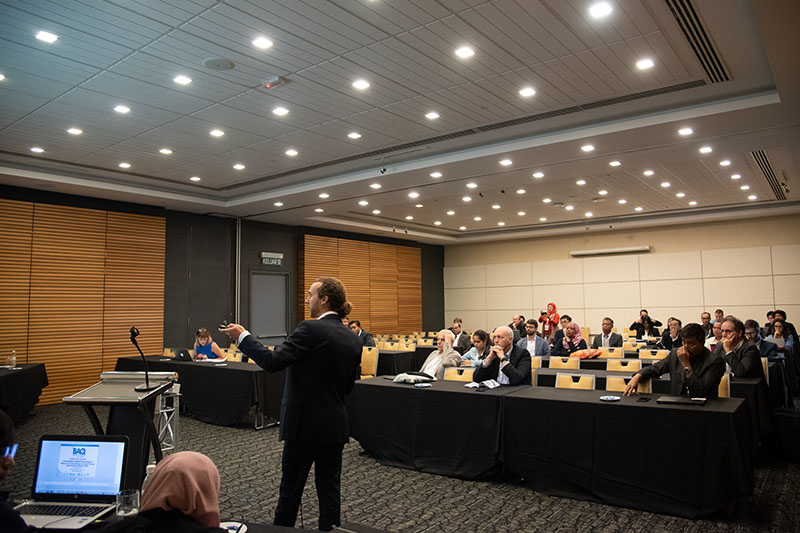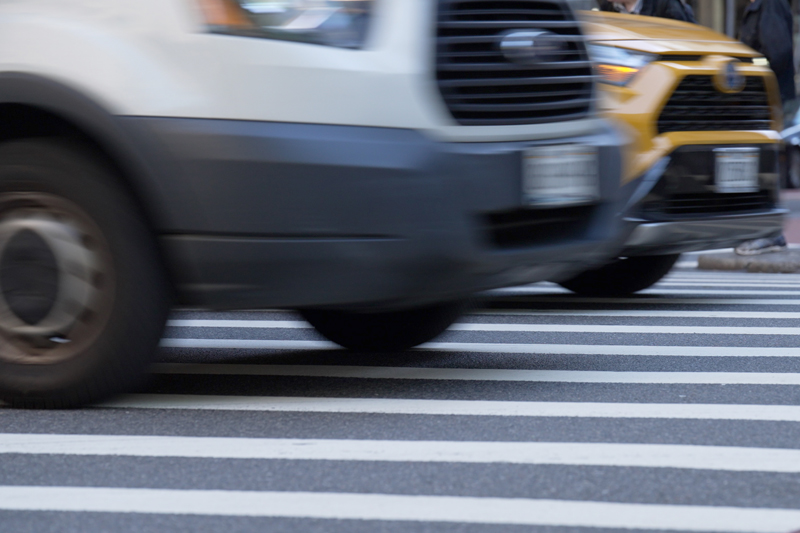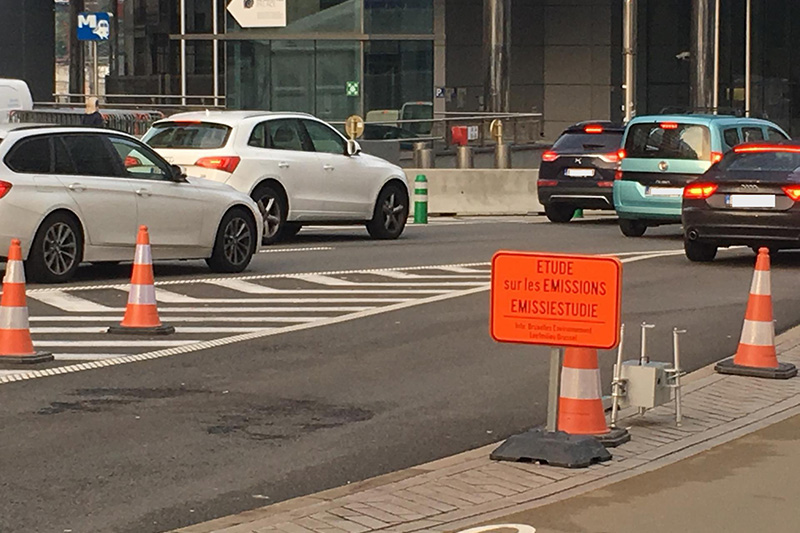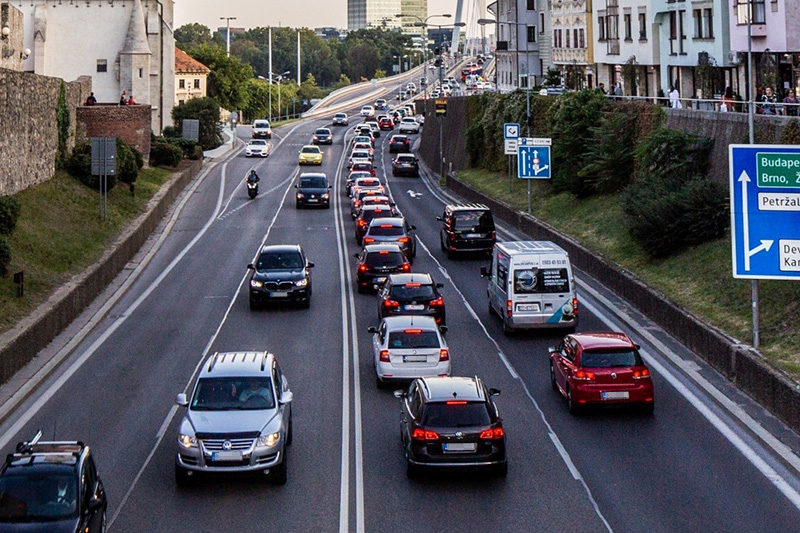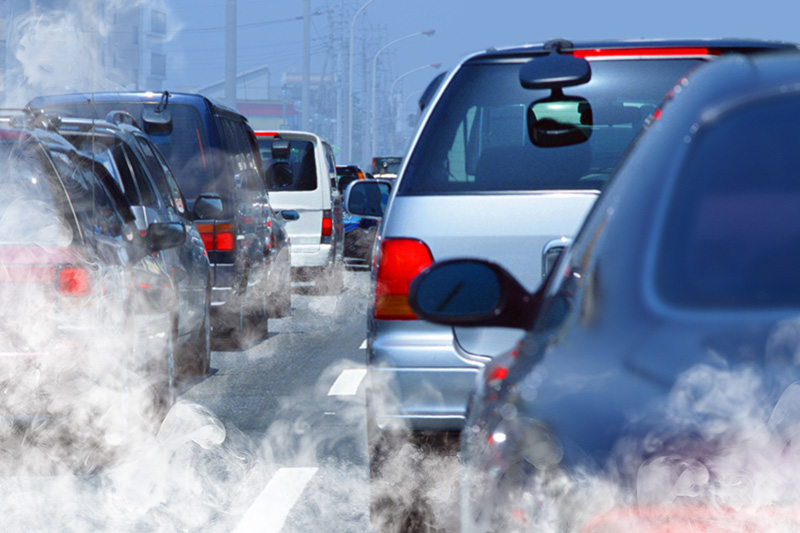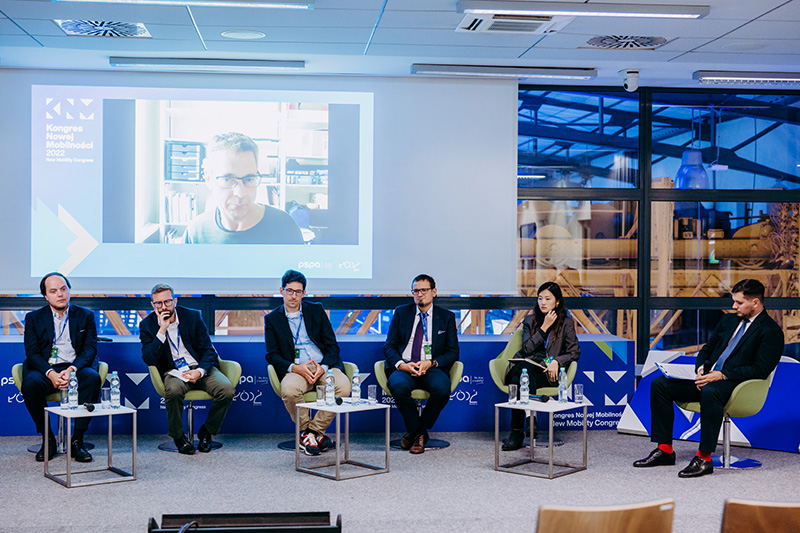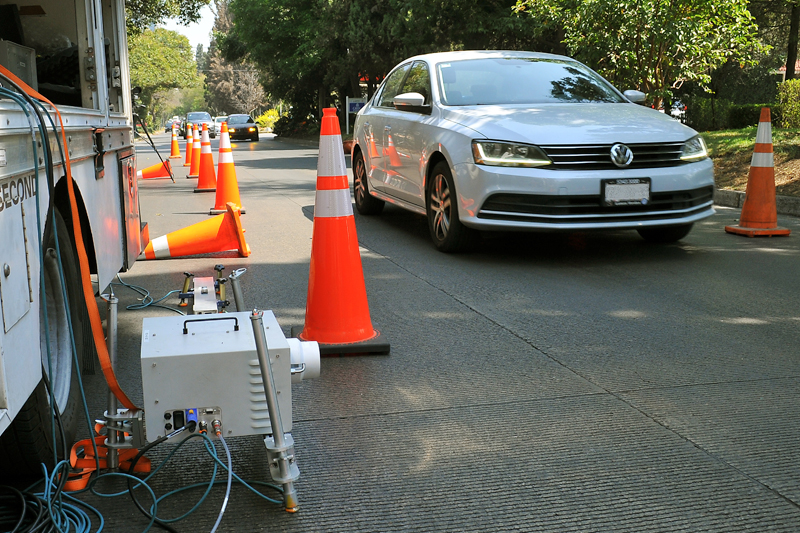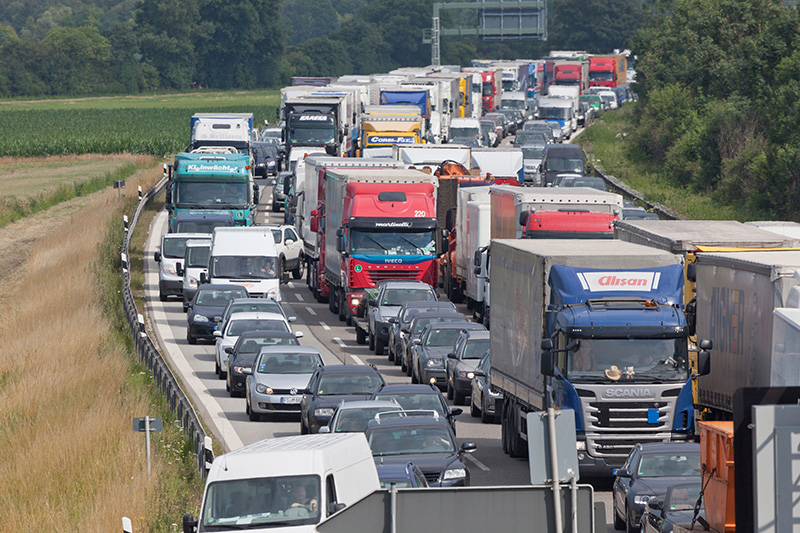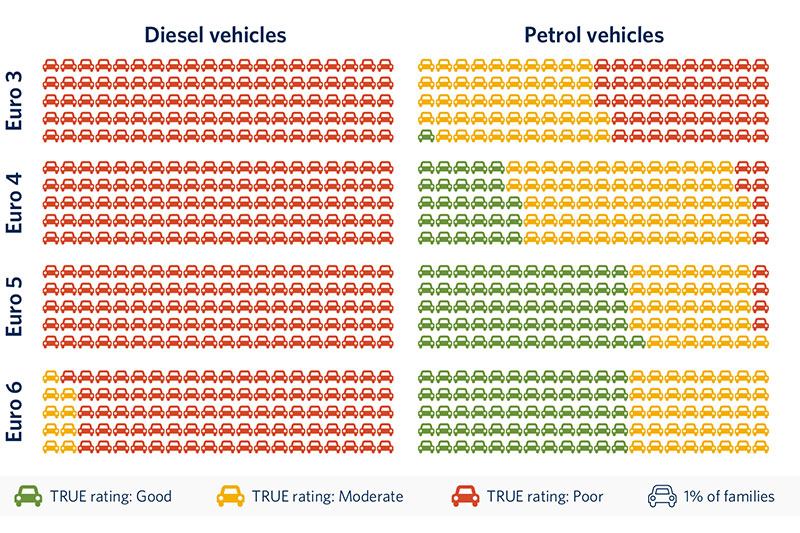TRUE initiative showcased at BAQ 2018 in Malaysia
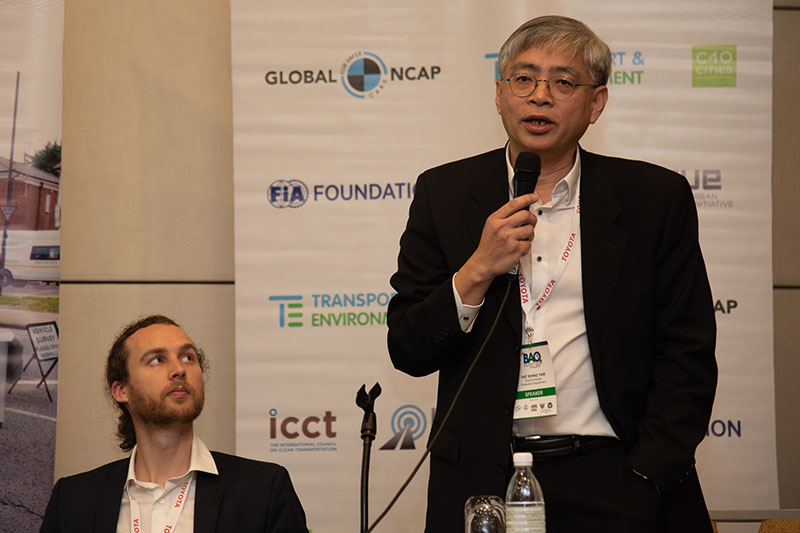
The TRUE Initiative was showcased at the 10th Better Air Quality Conference (BAQ 2018) in Kuching, Malaysia on November 15th. In a session entitled, ‘What are cars really emitting in our cities? The Real Urban Emissions Initiative (TRUE), chaired by Bert Fabian of the UN Environment programme, the attendees were able to hear about the merits of remote sensing in framing, monitoring and evaluating policies to reduce vehicle emissions; the latest results from such testing in cities; and the specific experience of Hong Kong is using remote sensing data.
Josh Miller of the International Council on Clean Transportation (ICCT), emphasised the objectives of the TRUE initiative include building the global remote sensing database in order to capture a wider diversity of vehicle types and models (e.g. jeepneys in the Philippines, and models that are unique to emerging economies), to facilitate comparisons across regions (e.g. to compare the effects of geography, vehicle mix, and compliance scheme), and to provide adequate coverage of each region such that cities within that region can make informed policy decisions (e.g. vehicle emissions in cities in the Philippines are likely to be more similar to Manila than to cities in Europe).
During the debate which followed, and Y.S. Yam of the the Hong Kong Environmental Policy Directorate (see main photo above), addressed a range of questions from the audience.
A key question that came up is whether every city needs its own remote sensing campaign in order to make informed policy decisions or take compliance actions based on real-world data. Dr. Yam made the point that because the same vehicle models are sold in Hong Kong and in the EU, that if a vehicle model or engine family is found to have a defeat device in the EU, that Hong Kong can stop new sales of the affected models. Moreover, having a large RS database is beneficial to quantify programme benefits, correlate air quality impact and drive new policies in a much shorter time frame that other traditional methods such as dynamometer. For example, the LPG vehicle maintenance problem in HK was found by RS monitoring.
